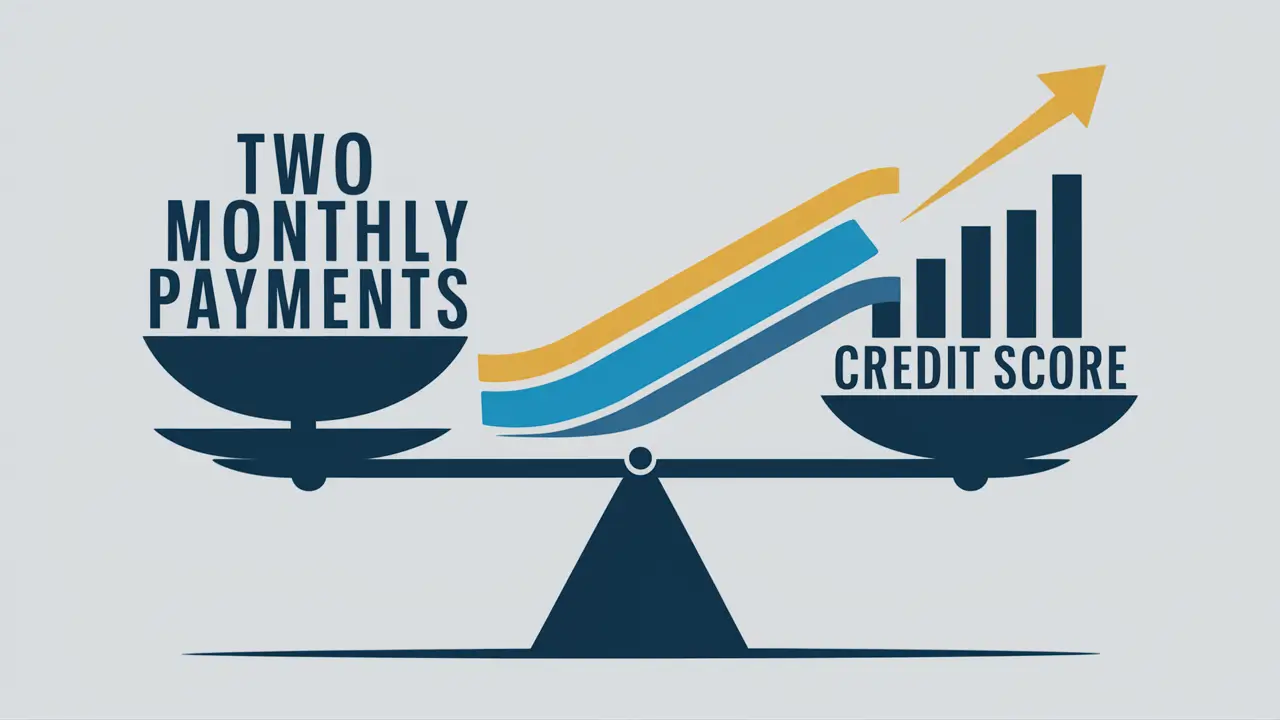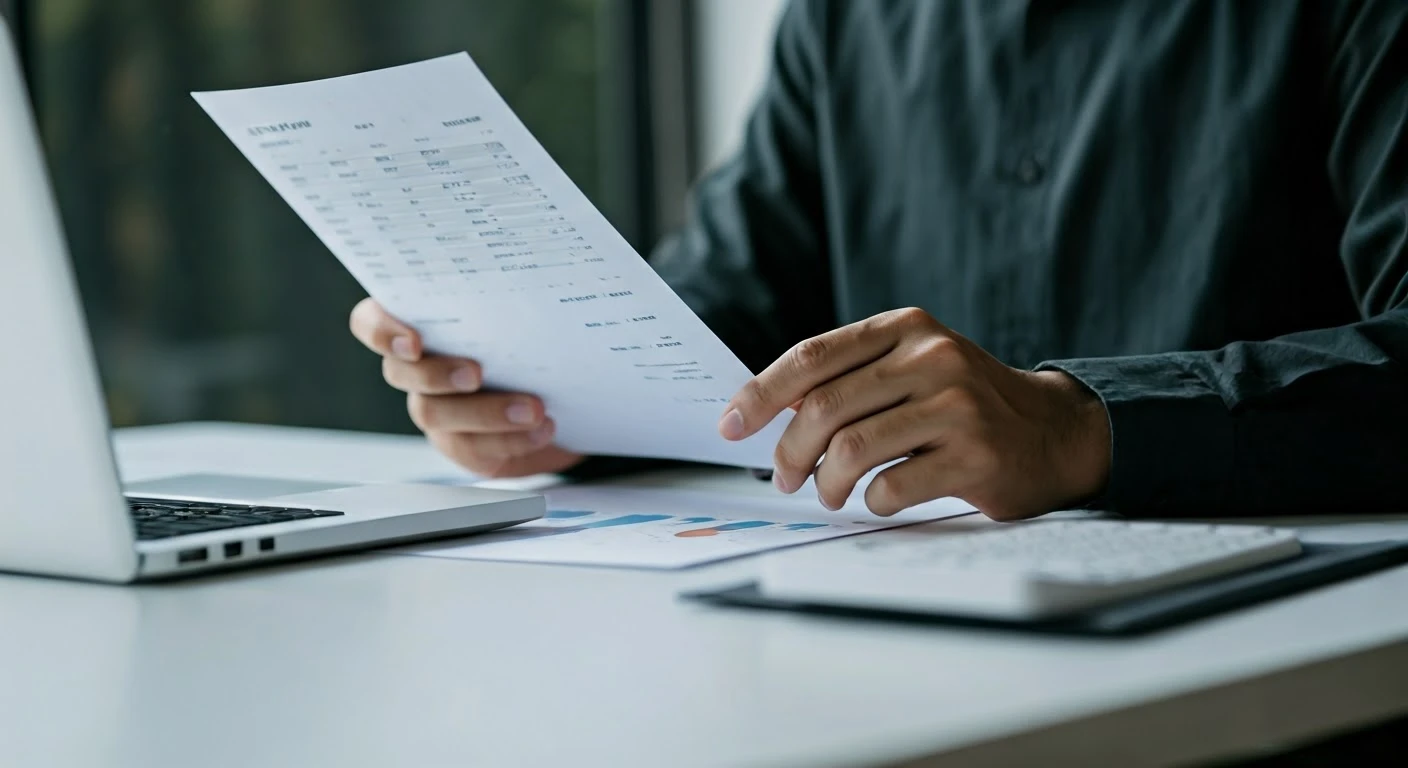
Some individuals have asked whether paying more than the due amount monthly for a loan or credit card can increase their credit rating. In particular, readers would like to learn whether splitting the payment in two is better than one payment per month. This blog post will provide the answer.
What is the Effect of Paying Twice for a Product?
A case where you pay more than the minimum amount due in a month and is making two payments instead of one payment of a loan or credit card bill. The idea of paying twice is to effectively give your balance more hits to reduce the outstanding amount. This extra money is used to pay back the entire balance, thus lowering the amount of money owed.
This means that every dollar paid in excess of the minimum amount is actually paid towards the principal balance. This means that the amount of interest you will be charged over the period of the loan is lower. Double payments also lessen the time necessary to repay the loan and reduce interest charges.
Can It Raise Your Credit Score Moreover?
It may seem that splitting the payment into two halves instead of one is enough to increase your credit score significantly. Here are some key reasons why:Here are some key reasons why:
Monthly payment frequency is not considered in credit scoring models. They are more concerned with regular punctual payment.
It assists credit indirectly over a longer timeframe by making double payments that lower credit utilization. However, in the short run, there may be slight alterations in your utilization.
All improvements are illustrated by the general state of credit and the size of additional payments. Thus, the increases in credit scores may not be very significant for people who are already using credit with a perfect score.
Indirect Long Term Benefits
While making two loan or credit card payments a month doesn’t lead to an immediate increase, it can indirectly help your credit in the long run in a few key ways:While making two loan or credit card payments a month doesn’t lead to an immediate increase, it can indirectly help your credit in the long run in a few key ways:
1. Reduces Your Credit Card Utilization Ratio
The second payment contributes to the reduction of your balances more than the first payment does. Fewer balances result into reduced credit utilization, which is a factor that contributes to 30% of the FICO credit score. This is particularly helpful if at the moment you have credit card balances above 30% of the credit limits.
2. Reduces Credit History Duration
This is because the quicker you clear a loan or credit card for instance, the faster that particular installment account will be shut. This reduces the duration of your credit history and thus your credit scores could be reduced. In general, having a longer credit history and making regular repayments is beneficial for your credit score.
But the effect of one day account closure in years ahead is negligible than the benefits which are accrued by reducing the utilization today. The accounts closing do not have any adverse effects if the credit history of the others reflects positive repayment over time or if the applicant has an exceptional credit.
3. Frees Up Available Credit
Last but not the least, prepaying an installment loan or credit card balance will help one to get more available credit either on this type of credit or in general. This increases the amount of credit available to you as opposed to the balances, which are currently outstanding. And again, the utilization of your credit cards becomes lower and therefore your score rises.
Looking at The advantages and Disadvantages
Thus, paying two times within billing cycle instead of the minimum payment can help improve your credit standing and financial wellness in the long run. However most impacts are not realised in the short run but in the long run as a progressive change.
The pros are the early clearance of the debts, the amount of money which is saved from the charges which would have been charged on the debts, and the gradual increase in credit scores. The only negative aspect is the reduction of the time span of having positive payment history if accounts close far in the future. However, for those with good credit standing, this effect is small.
When undertaking the process of making double payments, one should ensure that he or she has catered for all other expenses. Avoid overextending your finances.
In conclusion, to pay more than the minimum due will be to your financial benefit. This way, over time, your credit score will gradually improve to depict your improved repayment history as well as the reduced utilization of credit. It is so, only do not combine it with the hope of receiving a very large amount right away because of two monthly payments. Stay in the long term and allow it to build up.
Call now for expert credit repair services: (888) 803-7889
Read More:
How much of a home loan can I get with a 650-credit score?
How rare is an 820-credit score?
Can I buy a house with 717 credit score?
How common is a 900-credit score?




